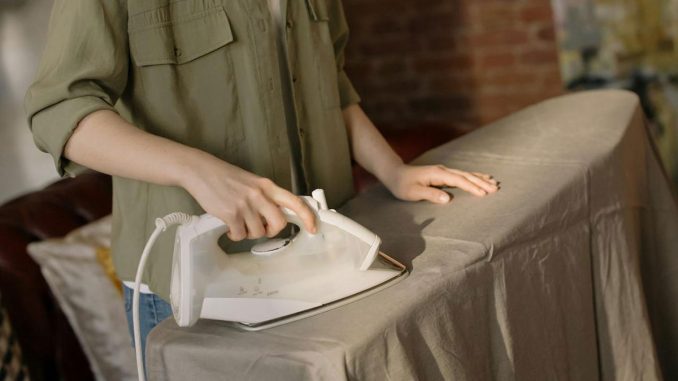
Most people who adopt a child do it out of the goodness of their hearts. However, some do the same to inflict a lifetime of pain and abuse, and it’s become a practice in some parts of the world.
The author of this story experienced such mistreatment at the hands of her adoptive parents. She described being treated like a live-in maid, forced to do household chores and serve her family without getting to experience a normal childhood.
The woman eventually moved away and achieved financial independence, which urged her struggling parents to ask for help. When she declined, the entire family began the guilt trip, accusing her of being “heartless.”
She now asks the AITAH subreddit if she was indeed too harsh by refusing to help out. Read the entire story below.
Some children experience abuse at the hands of their adoptive families
Image credits: cottonbro studio / Pexels (not the actual photo)
A woman felt like a “live-in maid” with her adoptive family, as she was forced to do house chores and serve them
Image credits: Екатерина / Pexels (not the actual photo)
After moving out and gaining financial independence, her parents came to her for help, which she refused to provide
Image credits: Potential_Board_3015
Childhood mistreatment affects the brain’s structure
The author seemed to have coped with the abuse she endured and achieved relative success after moving out. However, her experiences growing up may have altered her brain structure negatively.
In an article for Very Well Mind, clinical psychologist Dr. Leonard Holmes noted how child abuse can decrease the size of the hippocampus and the corpus callosum, the regions of the brain responsible for learning and memory, and motor and sensory functions, respectively.
Dr. Holmes also pointed out that mistreatment can lead to a lower volume in the prefrontal cortex for children. This region of the brain is responsible for emotional balance and perception.
As a result of these physical changes, people who went through abusive childhoods may feel fearful most of the time, experience learning deficits, have low self-esteem and feel hopeless.
The World Health Organization also pointed out other potential consequences, which include perpetrating or becoming a victim of violence, depression, and substance abuse.
Likewise, WHO notes that abused children may perform poorly in school and have a 13% greater likelihood of not graduating. However, it was the opposite case for the author, who seemed to have used her foster parents’ mistreatment as fuel to succeed in life.
Being guilt-tripped for setting boundaries is a valid reason to cut ties with a parent
The woman deserved to distance herself from her foster family after the trauma she endured. Yet, she endured bullying because of it. According to author and psychologist Dr. Lindsay Gibson, that alone is a valid enough reason to cut ties.
“If [emotionally immature parents] don’t have full access to their child, they interpret it as their child ‘being mean to them,’” Dr. Gibson explained in an interview with Business Insider.
Once the person becomes aware of the mistreatment, going no-contact becomes an acceptable course of action. As Dr. Gibson stated, internal growth makes people realize what they can no longer tolerate.
It’s the same for people whose negative experiences far outweigh positive ones. Dr. Gibson notes that while estrangement can feel conflicting, having more bad memories than good ones can push a person to cut ties.
“Nobody arrives at the point of estrangement on a whim,” she said.
In the author’s case, she does not seem to have fond memories of her childhood with her foster family. She’s been long aware of the abuse and has worked hard to provide herself with a better life as an adult.
The last straw would be her siblings piling on her with gaslighting and manipulation. She did the right thing by keeping her distance, possibly for good.
What do you think, readers? Was the woman too harsh by refusing to provide financial assistance to the people who adopted her?
Most commenters sided with the woman
Except for one few who believed she should have helped a bit
The post “AITA For Refusing To Help My Foster Parents After They Treated Me Like A Servant?” first appeared on Bored Panda.
